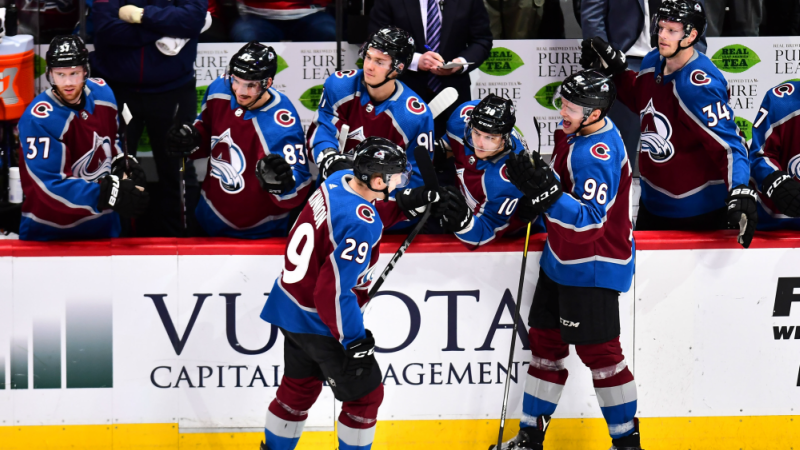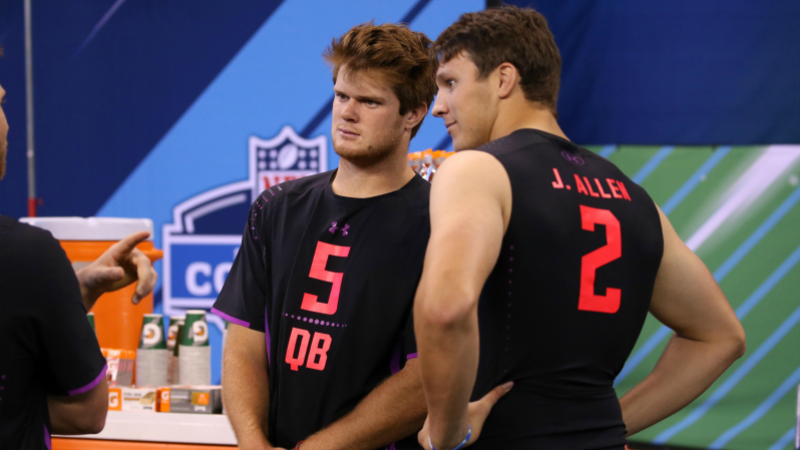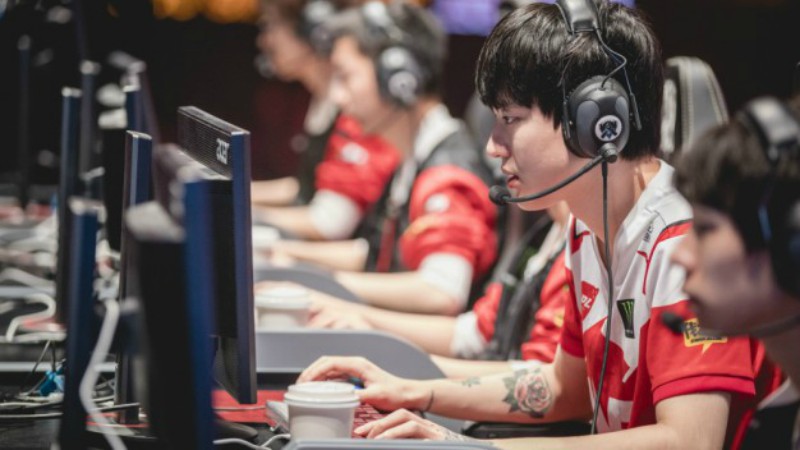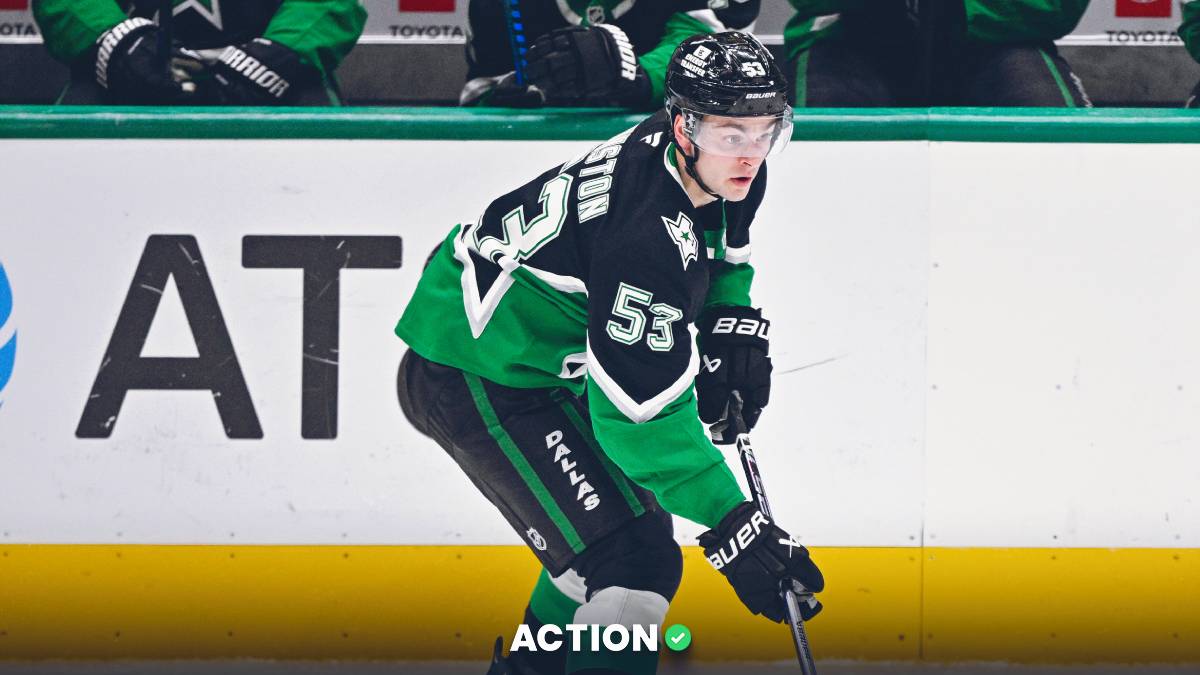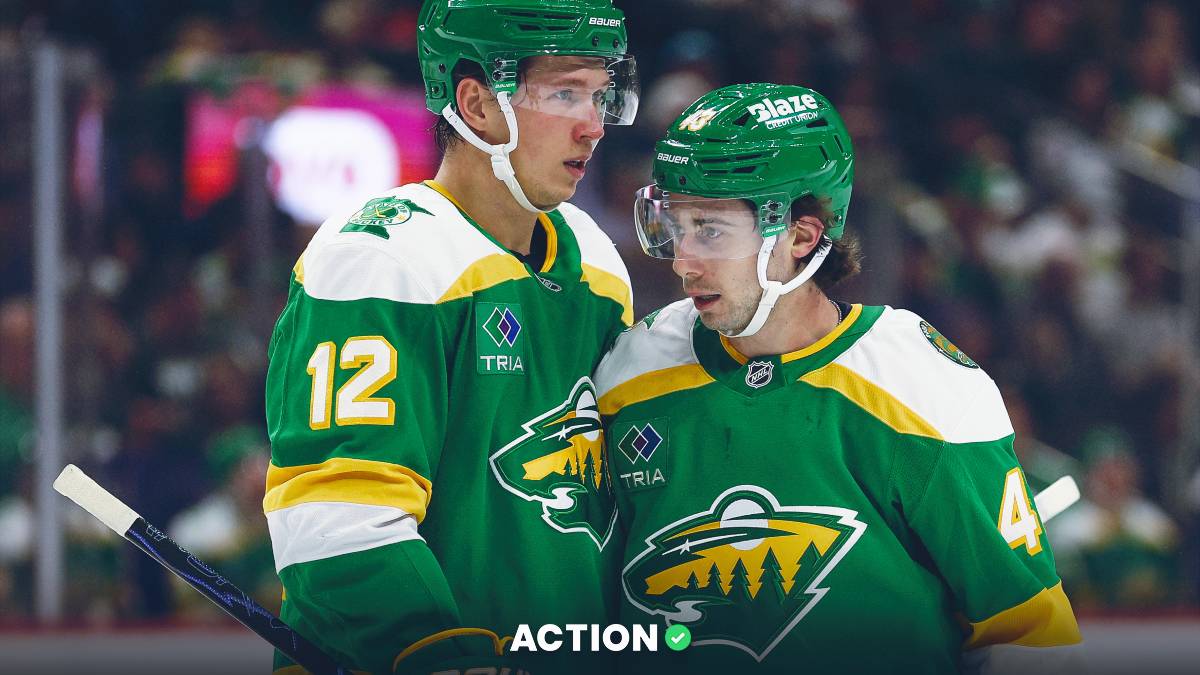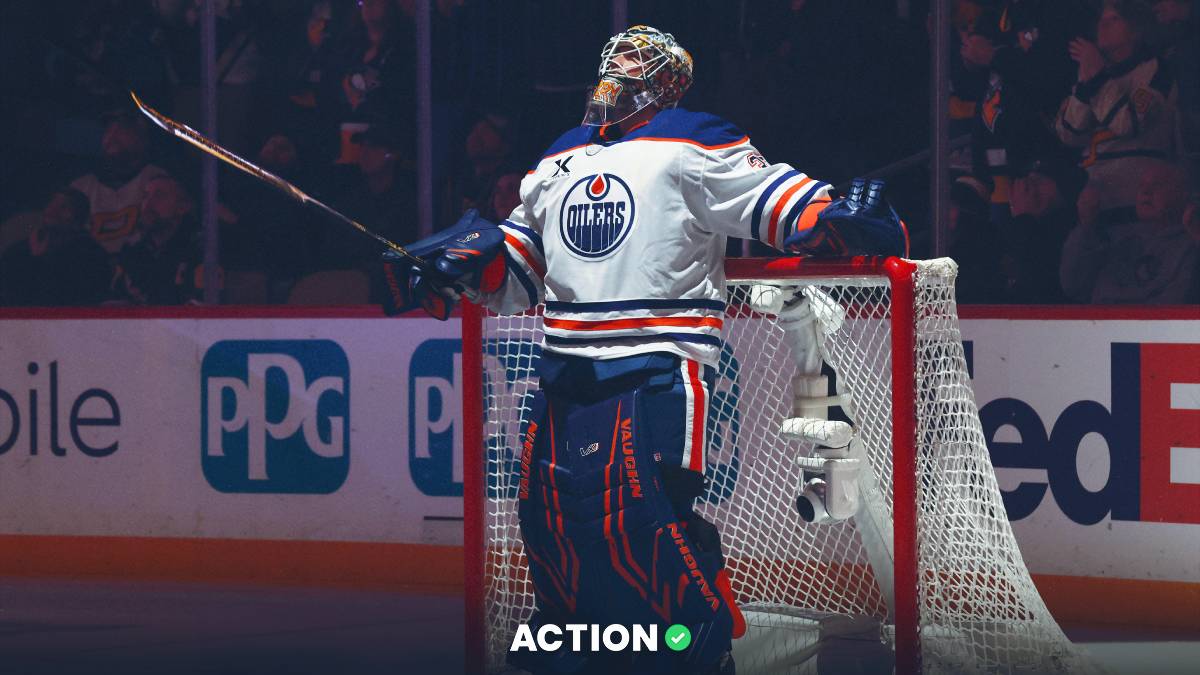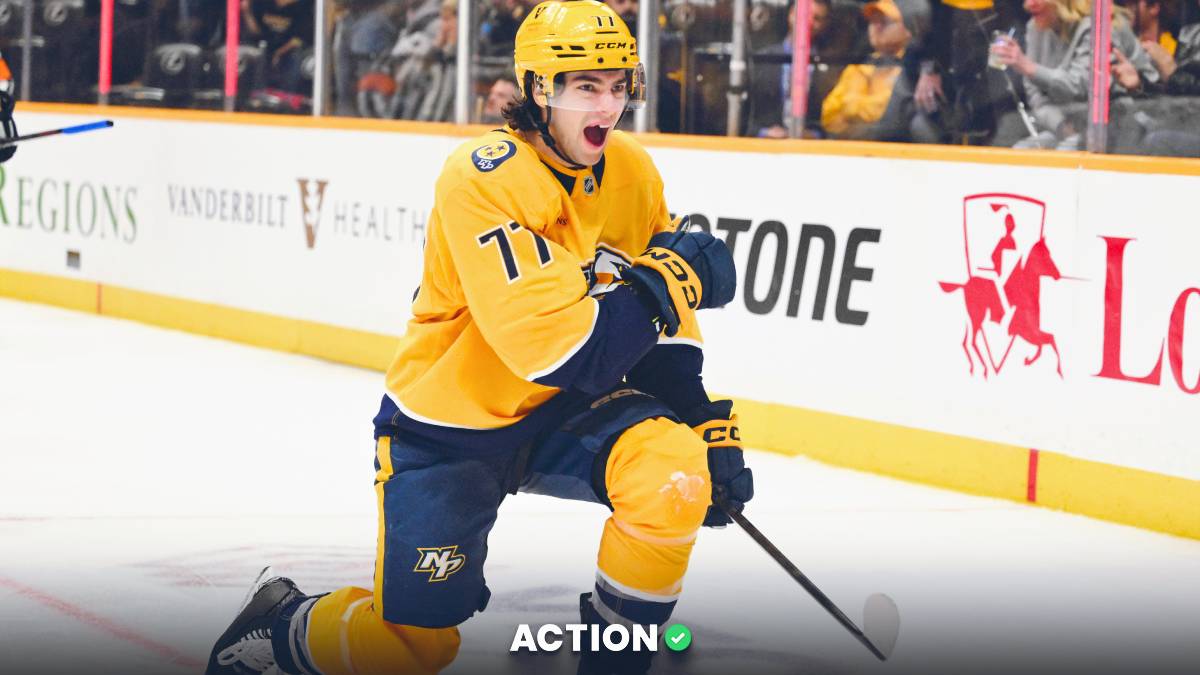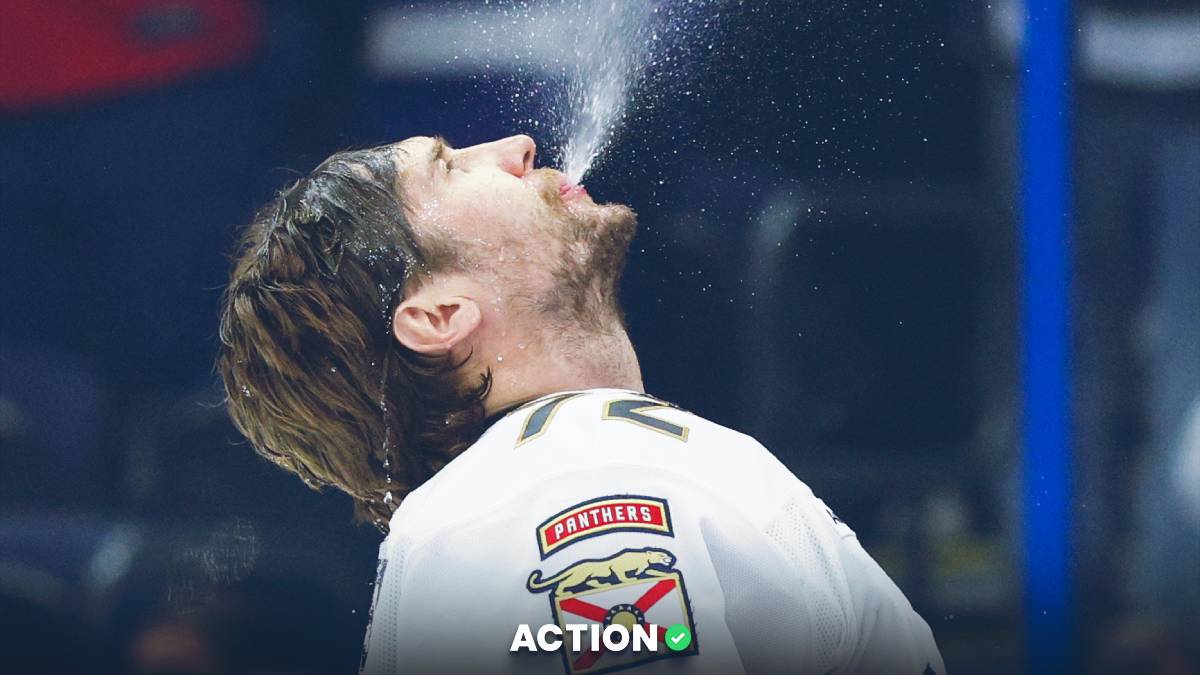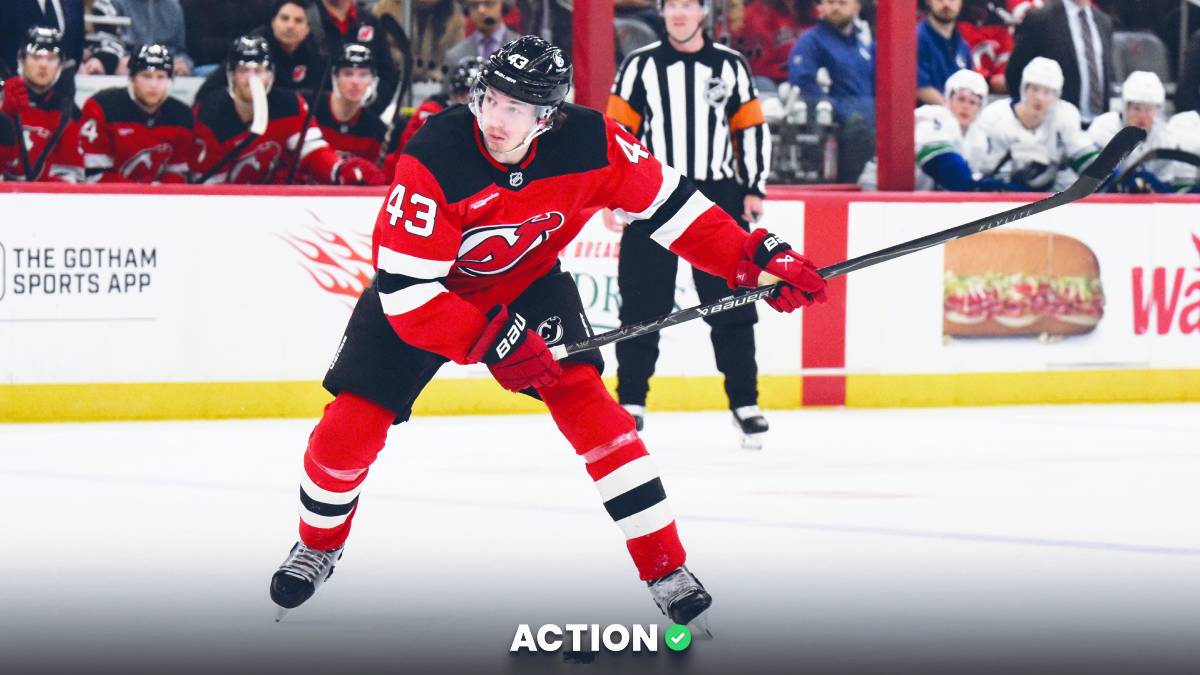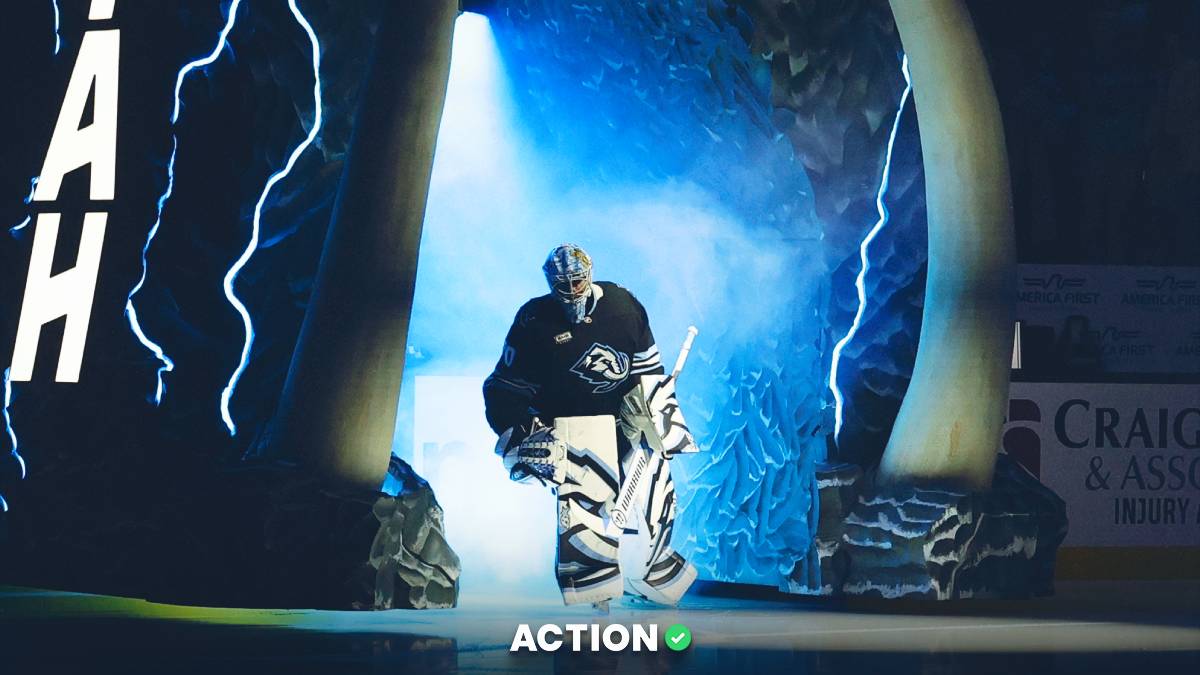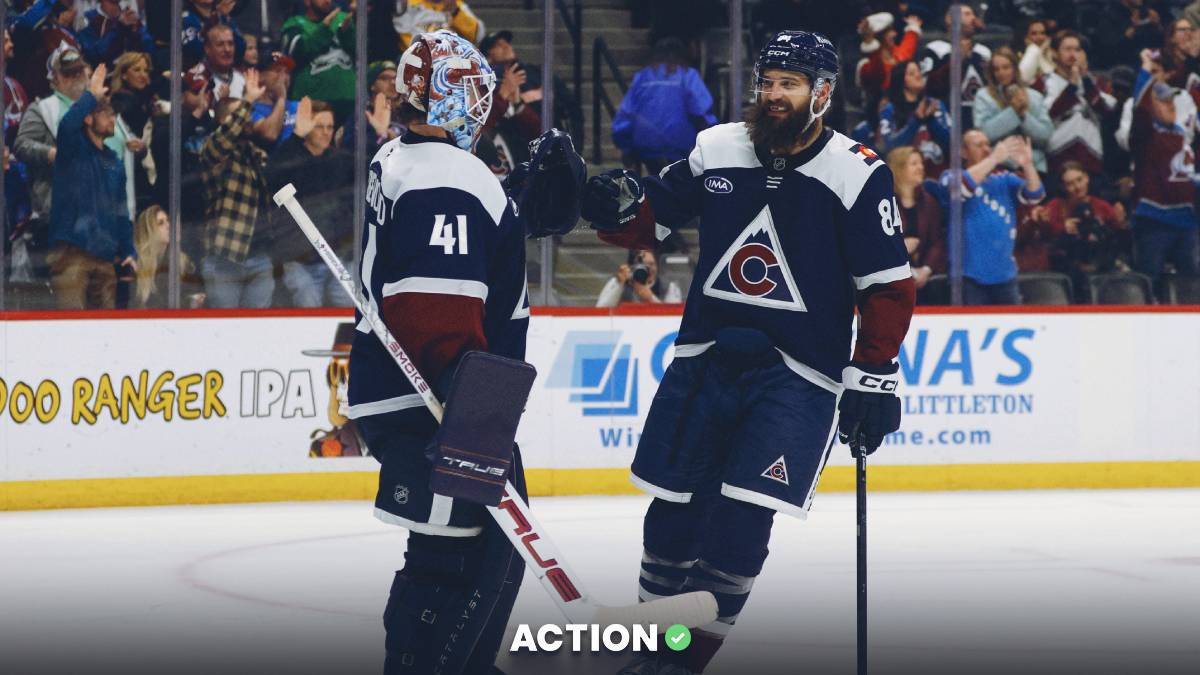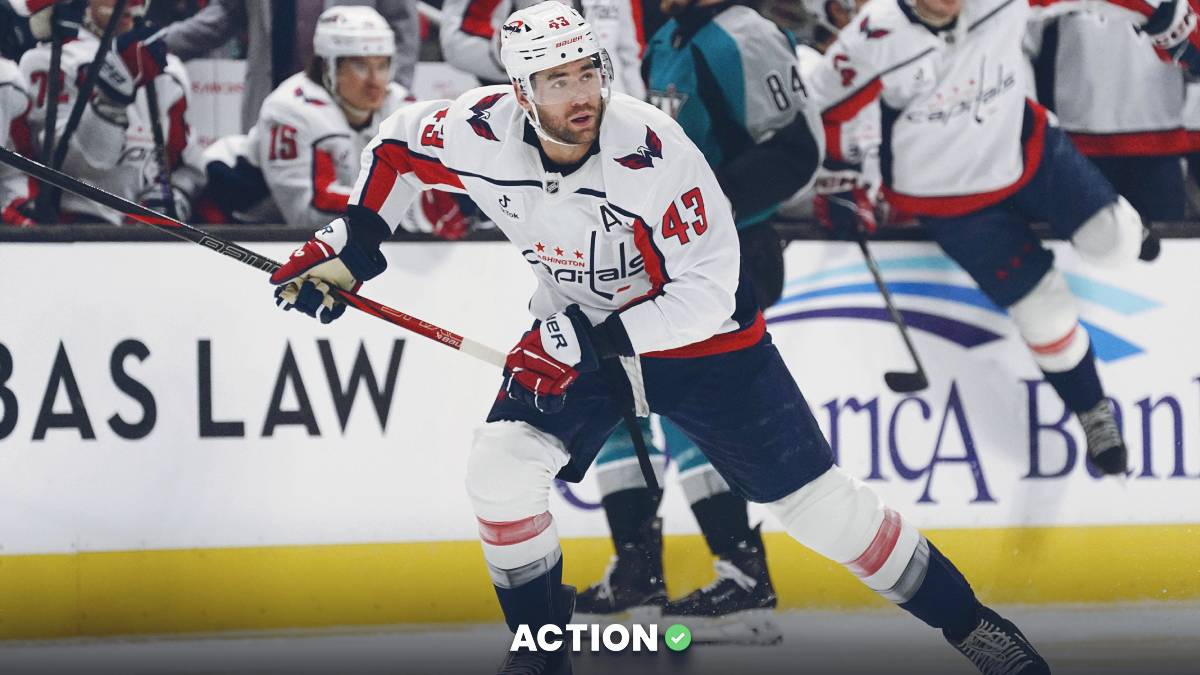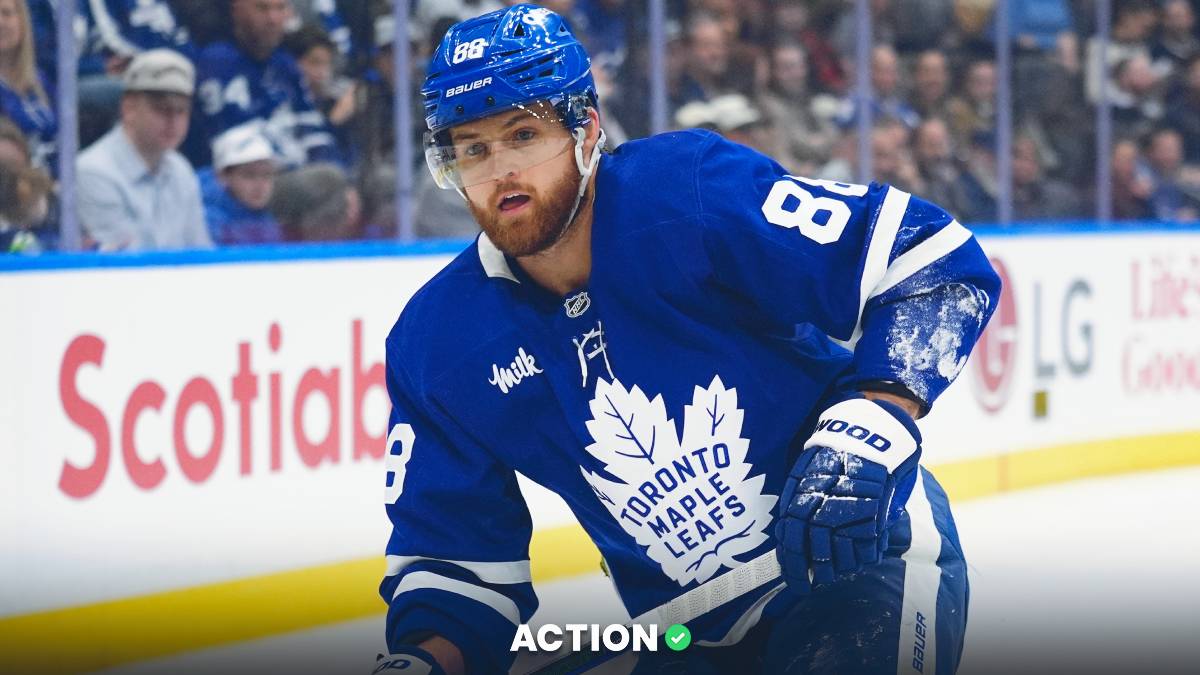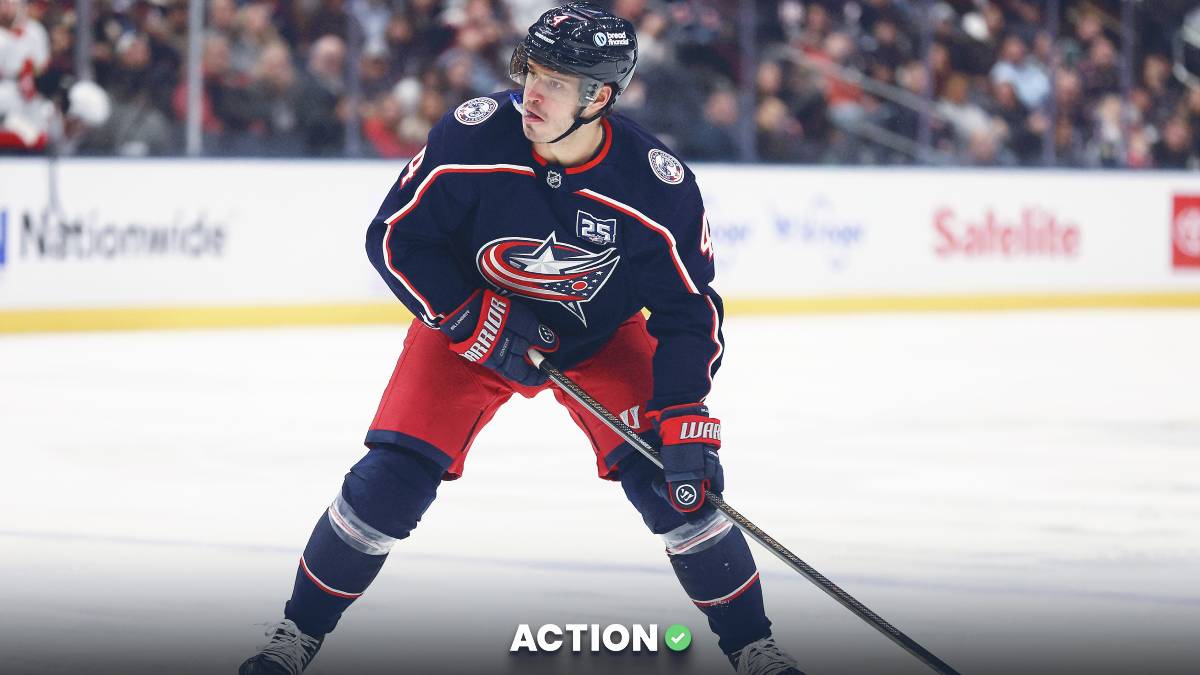This piece was originally published on March 28, 2018. It has been updated for the Blues-Avalanche game on April 7.
I know little about hockey — I've written exactly one NHL piece in my life — but I used to live in Colorado at 10,000 feet above sea level, so I can tell you that the affects of elevation are real.
I realize that if you haven't read the title to this post, that last sentence makes about as much sense as Jim Carrey's "It's OK, I'm a limo driver" declaration in Dumb and Dumber — but it's OK. I'm a sports writer.
For the past few months I've been using the excellent tools at Bet Labs to research NHL in an attempt to learn more about the sport. Today (Saturday, Apr. 7) I have the opportunity to bet on a historically highly profitable (and somewhat infrequent) trend, and I'm going to share it with you for a few reasons.
- I have a content quota to fill. These pieces might seem as if they write themselves, but they don't.
- I want you to make money, and I want you to know that I come up with ideas that (might) make money.
- Hockey season is almost over, and you have only one more opportunity to bet a trend that presents itself just four to 10 times per year. There's no time like the present.
Baseball is in full swing and the NFL draft is just around the corner — but let's crush some hockey.
I Used to Live in Colorado
In the middle of Colorado's 14,000-foot mountains is the San Luis Valley, where reside such natural wonders as the Great Sand Dunes and thousands of acres of potato farms. I lived there for two years. If you don't mind sub-zero temperatures, isolation, and beautiful scenery, it's not a bad place to live.
When I first moved there it took me about two weeks to stop having headaches because of the thin air. It took me about a year to be able to have a normal conversation with someone without needing to stop in the middle of it to catch my breath. I'm an unathletic sloth who sits in a chair for about 17 hours per day, but still — you get my point.
People unaccustomed to reduced oxygen aren't quite themselves at high altitude. They don't perform at peak capacity. The body needs time to adjust, normally more than a day.
Remember last NFL season when the Patriots played in Denver for the Week 10 Sunday Night Football game and then stayed in Colorado and practiced at high elevation (7,258 feet) in preparation for their Week 11 game at Estadio Azteca in Mexico City (7,382 feet) against the Raiders, whom they handily beat 33-8? The Patriots won because they were the better team, but their superior conditioning and adaptation to elevation almost certainly helped them juice that margin of victory. Seven-point favorites, they had the game covered by the second quarter.
Unlike the Pats last year, most teams — that is, most teams not based in Colorado — don't have the luxury of getting to spend a week physically preparing for a contest at altitude, and that's especially true for NBA, MLB, and NHL teams, which play more than just once per week, sometimes on back-to-back days.
The Avalanche vs. Back-to-Back Visitors
So here we find ourselves. It's the final full hockey slate of the year, and the Avalanche are hosting the Blues, who yesterday played on the road against the Chicago Blackhawks. That game started at 8:30 pm ET.
Today, at 9:00 pm ET, the Blues will face the Avalanche at the Pepsi Center in Denver. Whereas the Avalanche played on Thursday, the Blues will not have had even a full 24 hours between games when this contest starts.
Oh, baby. This situation looks wonderfully exploitable. Is it? Yes, it is. The Avs have crushed at home with multiple days of rest against B2B visitors. A couple of thoughts:
- The sample is small, but it doesn't bother me in this instance because the internal logic of the trend makes so much sense.
- Why take the moneyline on this when I can go full Freedman and leverage the spread?

Is the 29.7% return on investment unsustainable? Sure. Probably. Maybe. I don't know. The moneyline ROI for this same situation is 9.7%, which might be more representative of what one could expect if this trend were repeatedly wagered . . . but I prefer the spread bet.
In this situation the spread might be especially exploitable because what matters (I think) isn't which team is likely to win when the Avs face a B2B visitor. What matters is that one team is rested, at home, and used to playing at elevation and the other team is tired, on the road, and likely to be exhausted by the third period. In that scenario, the 1.5-goal spread — which is usually hard to overcome — is much less imposing.
The Avs moneyline might be safer, but for the last 13 years the spread has been much more profitable.

I'll take the data and Avs puckline for $2,675, Alex.
Baseball Is Here. Big Deal
As I'm writing this, we're in the second week of the MLB regular season. Baseball has a lot to teach us and is a great sport, but don't forget about the exploitable betting opportunities still available in all of the other sports over the coming days, weeks, and months.
While everyone is talking about Coors Field and high totals, pivot to the Avs today when they host the B2B St. Louis Blues. The altitude in Colorado is good for more than just home runs.
——
Matthew Freedman is the Editor-in-Chief of FantasyLabs. He has a dog and sometimes a British accent. In Cedar Rapids, Iowa, he’s known only as The Labyrinthian. Previous installments of the series can be accessed via the series archive.
Pictured above: Colorado Avalanche center Nathan MacKinnon (29), right wing Mikko Rantanen (96), right wing Sven Andrighetto (10), center Vladislav Kamenev (91), and left wing Matt Nieto (83) at the Pepsi Center


